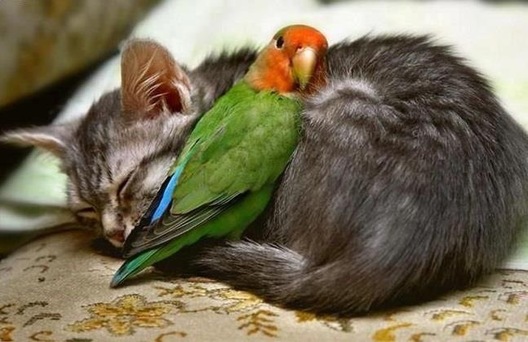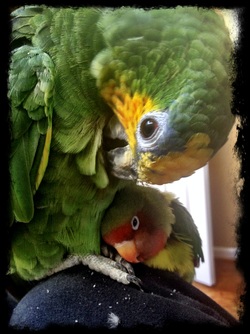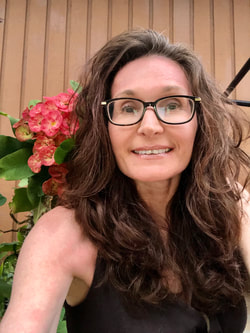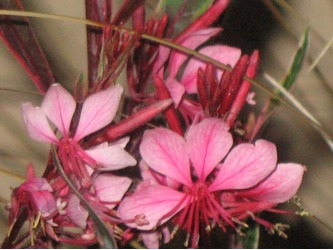 I lost my beloved dog, Freda, on August 26, 2015. She died on my lap on the way to the vet. She had not been sick for very long, just 2 days. It was sudden and shocking. I was really hit hard by the loss getting sick with a respiratory infection afterward, which lasted for 30 days. I was a bit surprised at how deeply I was affected by her loss. Then on November 16, 2015, my 18 year old lovebird died. I knew he was going to die sometime soon because he had started having strokes. But, my heart was broken none-the-less. Loss is loss and the more we love the more we grieve. That is the risk we take when we let people and animals into our hearts. "To love at all is to be vulnerable. Love anything and your heart will be wrung and possibly broken. If you want to make sure of keeping it intact you must give it to no one, not even an animal. Wrap it carefully round with hobbies and little luxuries; avoid all entanglements. Lock it up safe in the casket or coffin of your selfishness. But in that casket, safe, dark, motionless, airless, it will change. It will not be broken; it will become unbreakable, impenetrable, irredeemable. To love is to be vulnerable." ~ C.S. Lewis Here are some tips to help one recover from the sadness one feels when someone or something we are attached to goes away. Stages of Recovery from Loss There are some predictable stages that most people pass through after losing something or someone important. In her work on death and dying, Elisabeth Kübler-Ross outlined five stages of grieving. She observed these stages in those who where actually dying but they apply to those who have lost as well. Shock and Denial: The first reaction to loss is often the inability to feel anything. This may include feeling numb, weak, overwhelmed, anxious, not yourself, or withdrawn. Anger: Blaming yourself or others for the loss. Bargaining: “If you’ll just let him live, I’ll promise to go to church every Sunday for the rest of my life.” Depression: Feeling deep sadness, disturbed sleep and eating patterns, thoughts of suicide, excessive crying. Acceptance: Beginning to look for the lessons of the experience. Kübler-Ross said that the grieving process involves experiencing all five stages, although not always in this order. She also said that people often cycle back and forth through a number of the stages before coming to the stage of acceptance.
0 Comments
"Dependence is often seen as a dirty word, associated with the “needy” and the emotionally unstable. But looking into research on what really helps people become happy, successful and, importantly, independent, we may need to turn this idea on its head." Dr. Sue Johnson talks about the importance of a secure bond, which is important for all relationships. Check out this great article by By Dr Mary Grogan | SEPTEMBER 16, 2015.
This was the topic of my first Master's thesis way back in 1989. What I was looking into was how to help prevent children and teens from developing psychoactive substance abuse and addiction problems. The conclusion I came up with was that relationship and connection and meaning help insulate youth from chemical dependency. This article discusses the same subject and highlights similar findings.This TED talk called "Everything You Know About Addiction" is really worth listening to as it too calls us to look at relationship and meaning as interventions to substance abuse and addiction. We are bonding creatures. If we cannot bond to other humans in meaningful and fulfilling ways, we will bond to something that makes us, at least temporarily, feel okay. That something might be alcohol, gambling, or porn. It does not matter what it is as long as we can bond to it. Below is a picture of my birds who are bonded to each other even though they are different species and sizes. |
Evelyn Schmechtig CochranCategories
All
Archives
February 2024
|



















